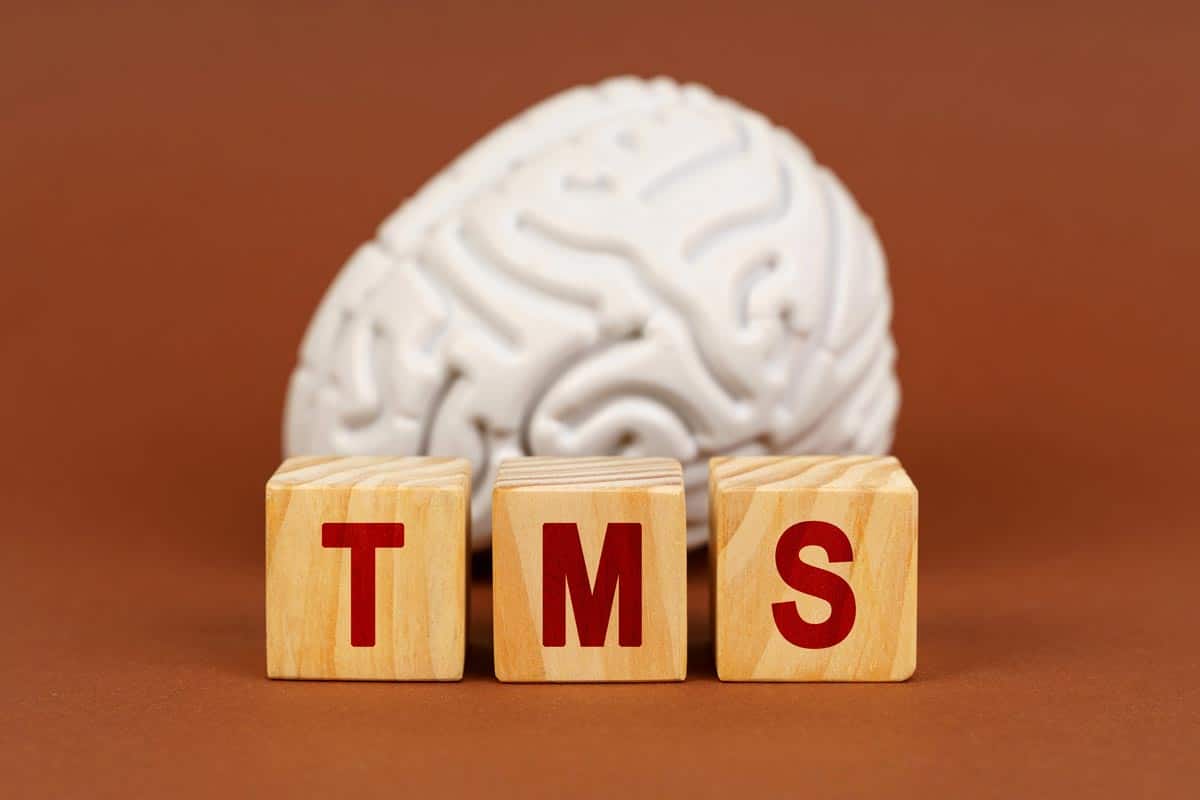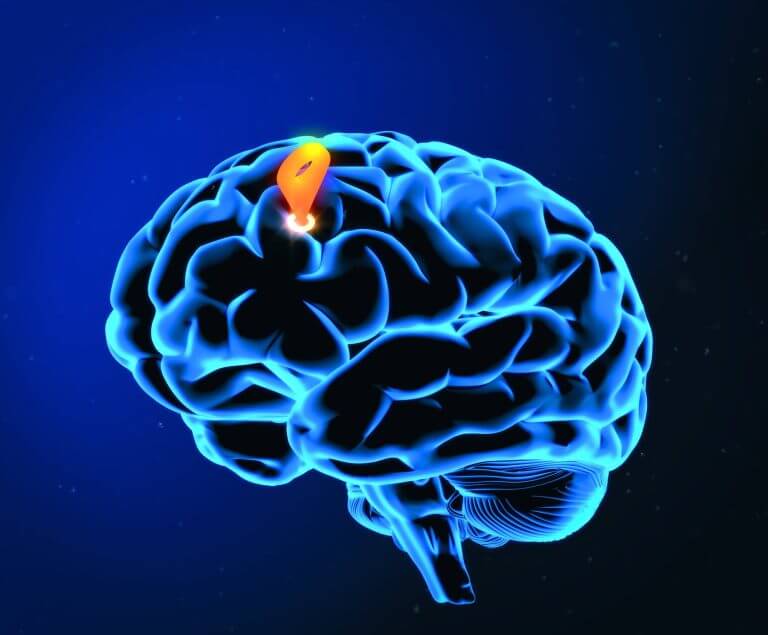Why Ketamine vs. ECT or TMS?
Ketamine vs. ECT or TMS? Ketamine Therapy is a tried and tested treatment for the symptoms of various psychiatric disorders, including depression....
3 min read
SM : Feb 13, 2025 6:28:34 PM

In the realm of mental health treatment, Transcranial Magnetic Stimulation (TMS) therapy has emerged as a beacon of hope for many. Like any medical treatment, it’s essential to have a complete picture and understand the potential benefits and the possible TMS side effects.
This blog post aims to shed light on TMS therapy, exploring its mechanisms, benefits, and potential side effects. We’ll explore what you might expect during and after a TMS session, empowering you to make informed decisions about your mental health journey.
TMS is a non-invasive procedure that uses magnetic fields to stimulate nerve cells in the brain. These magnetic pulses are targeted at specific areas of the brain believed to be involved in mood regulation.
Think of it like a “reboot” for the brain. By gently stimulating these areas, TMS therapy aims to restore healthy activity and improve communication between brain cells. This can lead to significant improvements in symptoms of depression, anxiety, and other mental health conditions.
The Food and Drug Administration (FDA) has approved TMS therapy for the treatment of major depressive disorder, particularly in cases where traditional antidepressant medications haven’t been effective.
A typical TMS session includes:
It’s important to emphasize that TMS therapy is:
TMS therapy is a safe and effective treatment option for many people with depression and other mental health conditions. However, it’s essential to be aware of potential TMS risks.
The good news is that most transcranial magnetic stimulation side effects are mild and temporary. Here are some of the most common ones you might experience:
It’s crucial to remember that everyone’s experience with TMS therapy is unique. You may experience some, all, or none of these side effects. If you do experience any side effects, don’t hesitate to discuss them with your TMS provider, like KCLA. They can offer guidance on managing these effects and ensure your comfort throughout the treatment process.

Most TMS side effects are mild and short-lived, but it’s worth noting that less common, more serious side effects can happen. While rare, it’s important to mention them so you have a full understanding of the potential risks:
It’s important to emphasize that these serious side effects are infrequent. Your TMS provider will conduct a thorough medical evaluation to assess your individual risk factors and determine if TMS is a safe and appropriate treatment option for you.
TMS therapy offers a promising avenue for individuals seeking relief from mental health conditions, but it’s not a one-size-fits-all solution. Determining whether you’re a good candidate involves a careful assessment of your medical history and individual needs.
Here are some factors that may influence your suitability for TMS therapy:
TMS therapy is primarily used to treat major depressive disorder. It’s also being explored for other conditions like anxiety disorders, obsessive-compulsive disorder (OCD), and post-traumatic stress disorder (PTSD).
If you’ve tried multiple antidepressant medications without adequate relief, TMS therapy may be a viable option.
Certain medical conditions may be a contraindication of TMS. This includes:
Your overall health, lifestyle, and treatment goals will also be considered when determining your candidacy for TMS therapy.
A thorough medical evaluation by a qualified healthcare professional is key to determining if TMS therapy is a good fit for you. This usually includes reviewing your medical history, a physical exam, and a discussion about your symptoms and treatment goals.
By considering your unique situation, your provider can help you make an informed decision about whether TMS therapy suits your needs and health profile.
By understanding the mechanisms of TMS, its benefits, and potential risks, you can make empowered decisions about your mental well-being. TMS therapy may not be the answer for everyone, but for many, it provides renewed hope and a chance to reclaim their lives from the grips of mental illness.
If you’re seeking a path toward mental wellness, consider exploring TMS therapy further. Schedule a consultation today with KCLA to discuss whether TMS suits you. Our team of compassionate professionals is dedicated to guiding you on your journey to recovery and providing personalized care tailored to your unique needs.
Ketamine vs. ECT or TMS? Ketamine Therapy is a tried and tested treatment for the symptoms of various psychiatric disorders, including depression....

How Transcranial Magnetic Stimulation (TMS) Therapy Works TMS Therapy, also known as Transcranial Magnetic Stimulation Therapy, is a non-invasive and...

Ketamine IV Therapy Healing Options Ketamine Therapy has been around for more than half a century, and has been regularly used in various medical...